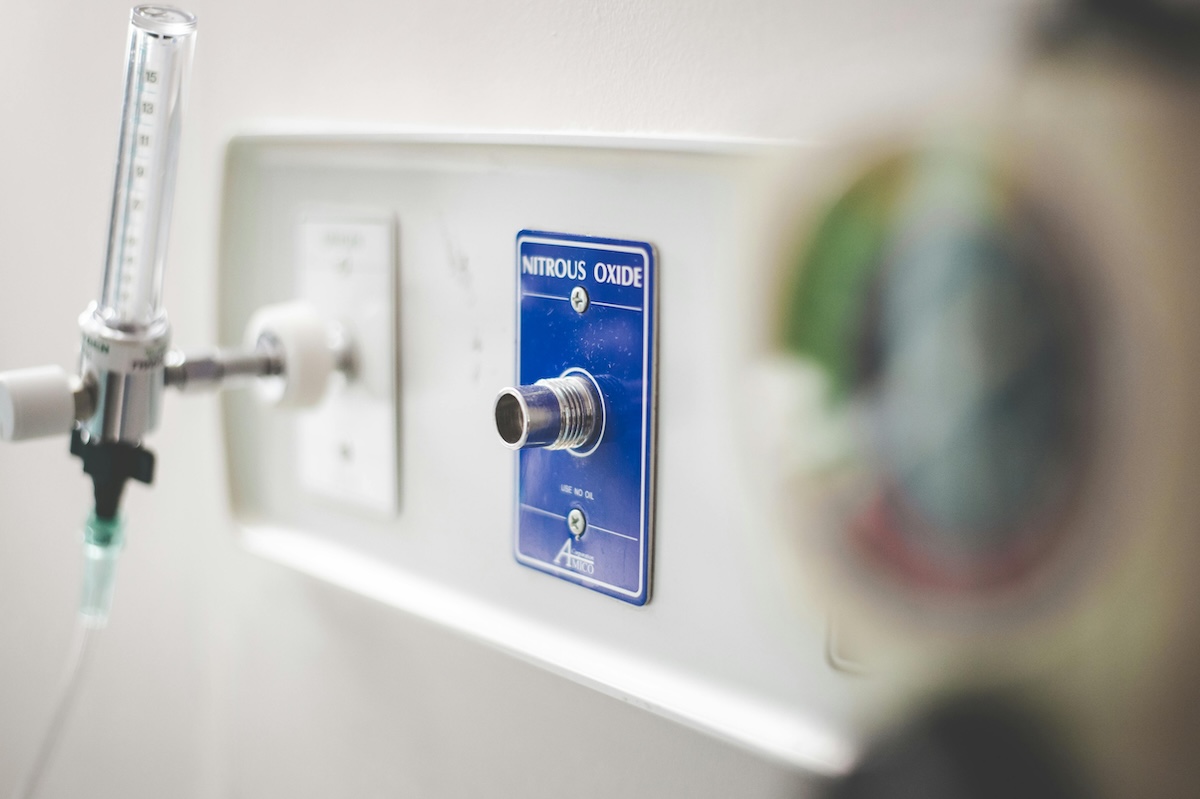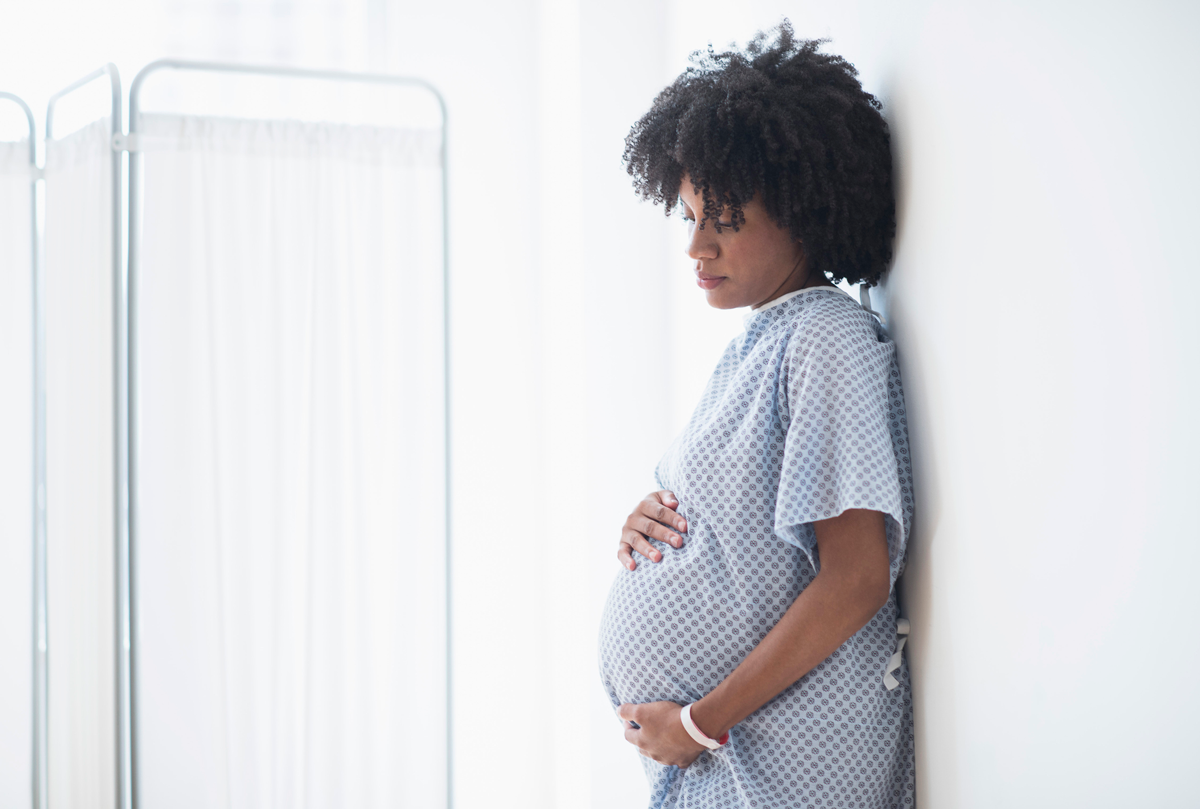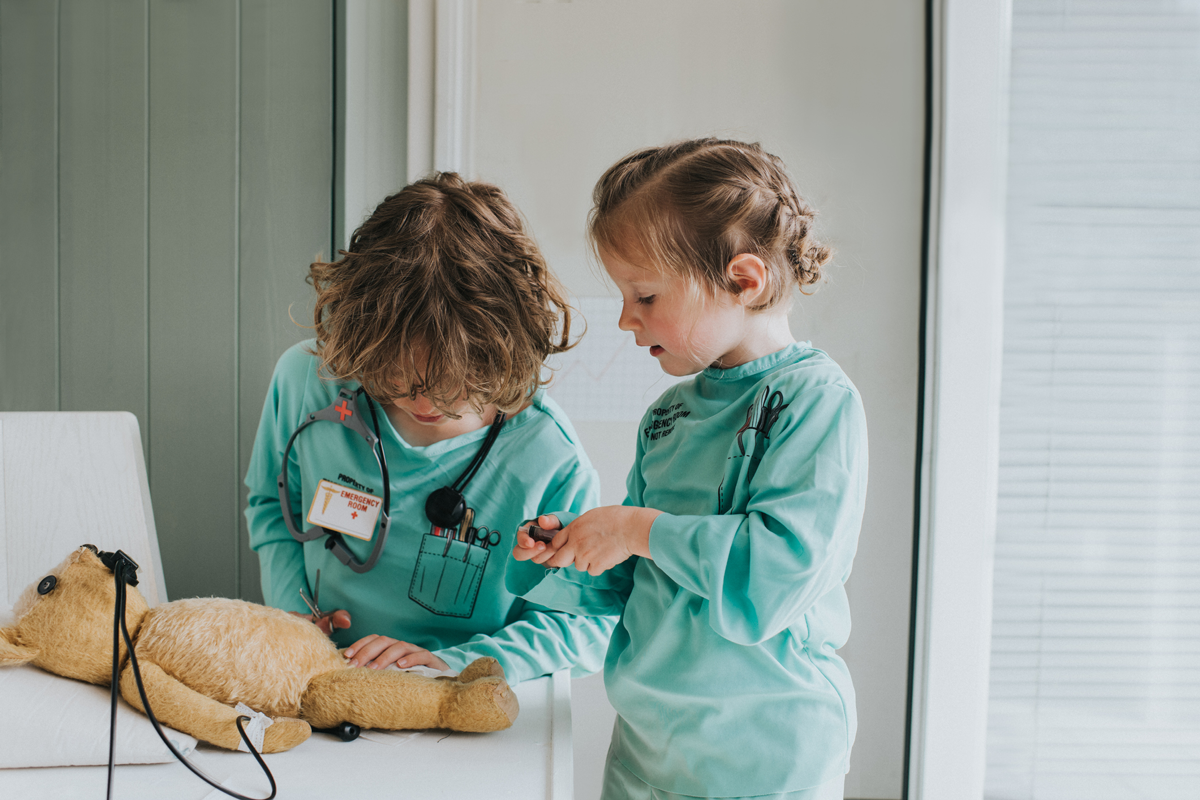Some of the most complicated and agonized questions I get from parents of very young children are about the safety of general anesthesia in kids. These questions, almost by definition, come from a place of fear. Parents have just been told their child needs a surgical procedure that requires general anesthesia. This is scary enough. Then, either through medical communication or a panicked Google search, they come across claims that going under general anesthesia harms child development.
Often our choices are hard because it’s difficult to know what to do. In this case, that typically isn’t the problem; most pediatric surgeries are not optional, so often there’s no question of whether or not to do it. The problem here is that the unknown is scary. A core underlying belief at ParentData is that knowing the data can lower fear — even if, as in this case, we cannot completely shut the door on concerns.
I need the short version today — take me to the bottom line!
Theory, and animal evidence
The primary concern with the use of anesthesia in children is the possibility of interfering with brain development. The underlying reason for this concern is that we see evidence supporting it in rats and, in smaller samples, in non-human primates. These populations (rats especially) are easy to study, and researchers observe brain changes as a result of anesthesia exposure both prenatally and in early life.
Researchers have found evidence of changes in social behavior, anxiety, and other cognitive metrics in both rodent and non-human primate models (here is a good recent summary). This is often described as “preclinical evidence,” to distinguish it from direct clinical evidence of impacts in people.
Preclinical evidence like this can be suggestive, but given the vast differences between humans and animals (especially rodent models), it can be difficult to draw conclusions about people based on the animal data.
Clinical evidence in humans
This is a very challenging issue to study in humans, for the simple reason that use of anesthesia in childhood is never random. Not only could we not conduct a randomized experiment for ethical reasons, but it is difficult to make a plausible case that the choice to use anesthesia is made randomly. As I’ve talked about before, to generate a causal impact, we need some element of randomness in the treatment (in this case, the “treatment” is the use of the anesthesia). Just comparing children who spent time under anesthesia with those who did not is typically going to be deeply problematic.
Researchers studying this have tried to get around the problem in multiple ways, sometimes with greater degrees of success than others.
There are many studies of this question — here is one good review — but it’s useful to focus on the smaller number of very large studies, where researchers can do more with the data. One example is this paper, published in 2020, which used data from Taiwan to identify roughly 11,000 children who were exposed to general anesthesia and compared them with 22,000 control, unexposed children matched on age and sex. The authors find that a diagnosis of developmental delay is about 32% more common in the exposed children.
The problem, of course, is that there are other differences across children — most obviously, that the exposed children had a health reason for needing surgery. What I think is most helpful about this paper is that its largest category of surgery type is dental surgery (very young children are often put under anesthesia for dental surgery so they do not move; this population of children, who lived in rural areas of Taiwan, were more susceptible to significant dental issues at a young age than would be common in the U.S. or Europe). I think one could plausibly argue that a need for dental surgery is more “random” across children than the need for other surgeries.
The researchers find that there is no difference in developmental delays for children who were exposed to anesthesia for dental surgery versus those unexposed. All the difference in the overall sample is driven by children getting treatment for more serious conditions. To me, this suggests that the issue in the other groups may be the condition, not the anesthesia.
A second paper looked at whether, among children enrolled in Medicaid in Texas and New York, those exposed to anesthesia at a young age were more likely to get prescriptions for ADHD medication. The researchers found that there was a 37% increase in the use of ADHD medications in the exposed group. Again, though, the procedure seems to matter. There is little evidence of an increase for hernia repairs, a relatively routine procedure where there is arguably more randomness in who needs it. In this paper, the authors also find a somewhat elevated risk of prescription for standard antibiotics, suggesting that differences in diagnosis propensity across groups may play a role.
Perhaps the best summary of this idea is the largest study, in Sweden, published in JAMA Pediatrics in 2017. The authors start with the population of all children born in Sweden from 1973 to 1993 and identify 33,000 with a surgical exposure before age 4. Those children are matched with about 160,000 unexposed controls. The authors attempt to focus on surgeries that are less serious, excluding neurosurgery and anything associated with heart disease or cancer. The outcomes were school grades at age 16 and IQ scores at military conscription, age 18.
The authors find that a single exposure to anesthesia before the age of 4 is generally not associated with school grades but shows a very small negative association with IQ scores. Again, though, when they look at the most common surgery — hernia operations — there are no impacts. Surgery for ear, nose, and throat issues shows up with the largest effects, which, again, could well be a result of the impacts of these issues rather than the surgery.
What the authors emphasize in this paper is that everything they see is small. Even their most negative impacts are dwarfed by most of the other variables you might consider. In the end, they conclude that the combination of the small effects and the possible confounding means that there isn’t any strong rationale for considering delaying needed surgeries.
You might ask whether we can do any better than these simple comparison studies. There is at least one study that compares siblings who are exposed and unexposed. This paper finds no impact, although the sample is very small (in the hundreds, rather than hundreds of thousands, of people). This approach addresses concerns about differences across families, but it doesn’t actually get at the more fundamental concern that whatever is driving the need for the surgery may itself be an issue. This is not fixed by comparing siblings, and it’s why this is just a really, really hard problem to solve conclusively.
Where does this leave us?
In the absence of the preclinical evidence in animal models, I think we might reasonably conclude there is nothing at all here to worry about. That evidence makes it hard to totally dismiss the correlations, but when I read the clinical data — especially focusing on cases where I think we can make a more plausible argument that the need for surgery is somewhat random — the impacts of a single episode of anesthesia seem zero or small.
It is less clear from the data whether there are impacts of multiple periods of general anesthesia usage; because that is typically associated with more serious illness, it’s even harder to separate the impacts of illness from the impacts of anesthesia.
The advice I would give a friend who asked me about it: stop thinking about this concern. It’s not decision-relevant in the vast majority of cases, and if there are impacts, they are almost certainly too small to notice. If your child needs surgery, there are other things to think about and worry about. Please focus on those.
Bottom line
- Exposure to anesthesia seems to impact the developing brain in rats and non-human primates.
- However, clinical data suggests at most very small impacts on human children.
- The best estimates (i.e. most likely to be causal) of the impact of a single exposure do not suggest negative effects.
















Log in